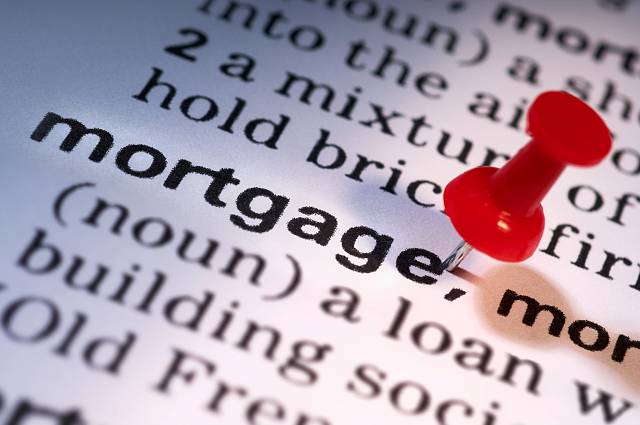Deciding how to split assets can be one of the most challenging processes associated with a divorce. Some couples can’t reach an agreement between themselves and often end up in a court hearing to settle disputes.
Financial settlements take into account all marital assets and potentially non-marital assets, depending on the situation. With the staggering value of property in the capital, protecting your London-based assets is probably a priority for you.
If you’re unsure about the legalities surrounding property after a divorce, here’s a basic guide to help you understand the situation a little better.
What are marital and non-marital properties?
There is a distinction between marital and non-marital properties that has some legal significance. It’s important to be aware of these terms for your divorce settlement.
Marital assets are things that were acquired during the marriage and are essentially owned by both parties regardless of financial contribution. Non-marital assets are possessions, properties or anything else that was owned by one party before the marriage.
Both parties have an equal claim to assets jointly owned or acquired during the marriage and these typically make up most of the financial settlement. If those assets are enough to meet the needs of each party then non-marital assets are unlikely to be included in proceedings. If one party is more financially vulnerable, they could be included and a share given to the party in need.
How are family homes different?
Regardless of whether a property is marital or non-marital, if it’s been used as a family home then both spouses can have an equal right to claim ownership of the property. Even if only one partner is the named owner, it is usually considered a marital asset that should be divided.
The division of marital assets is usually done with the financial needs of each individual in mind. If you can’t decide on a settlement together, a court may do it for you.
How can a family home be divided?
Following a divorce, you have a few options to consider when it comes to your next steps with the family home. You can decide between the following:
- Selling the home and splitting the money to each buy a new home, if financially viable.
- One buying the other’s share of the property
- Ownership stays as it is and one could continue to live in the property (usually a favourable option if children are involved)
- As part of the financial settlement, one transfers a percentage of the property’s value to the other, but they keep a stake in the home to get their money back when it’s sold
You’ll need to come to a mutual agreement over what to do with the family home. If you conclude, you may need a court hearing to end the dispute. Courts are known to prioritise the needs of children (if you have any) in most divorce cases.






Leave a Comment